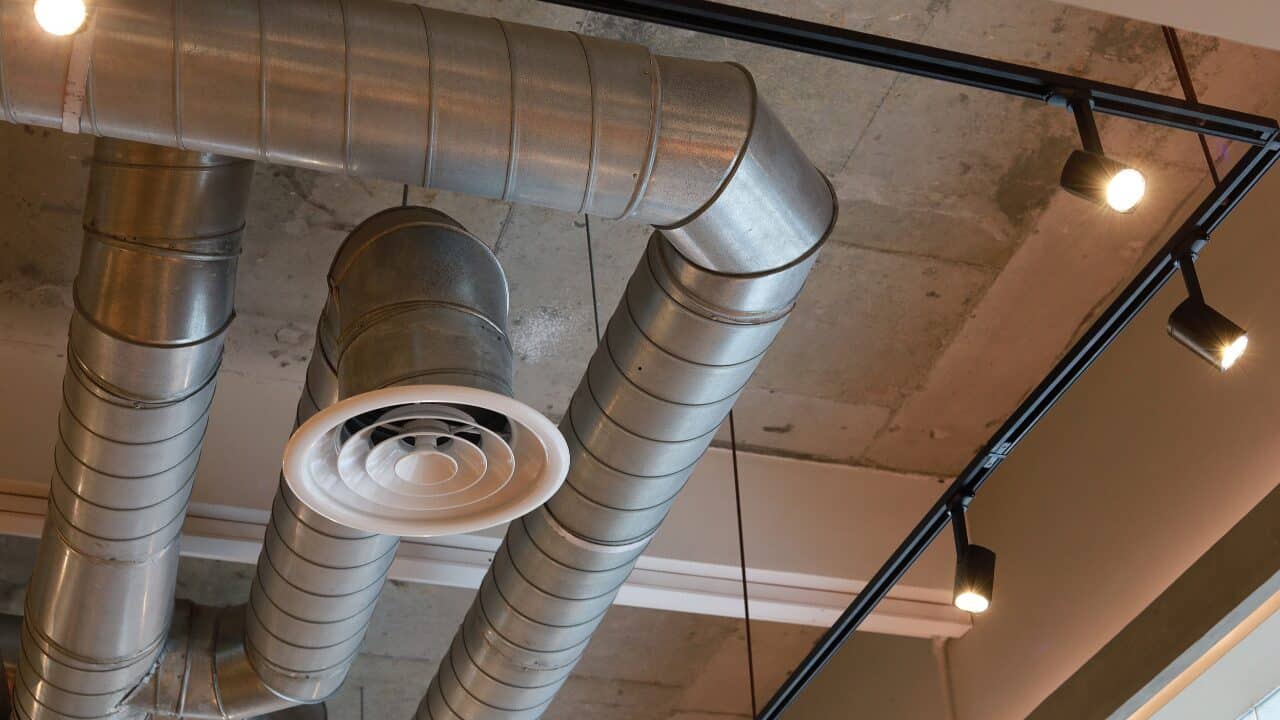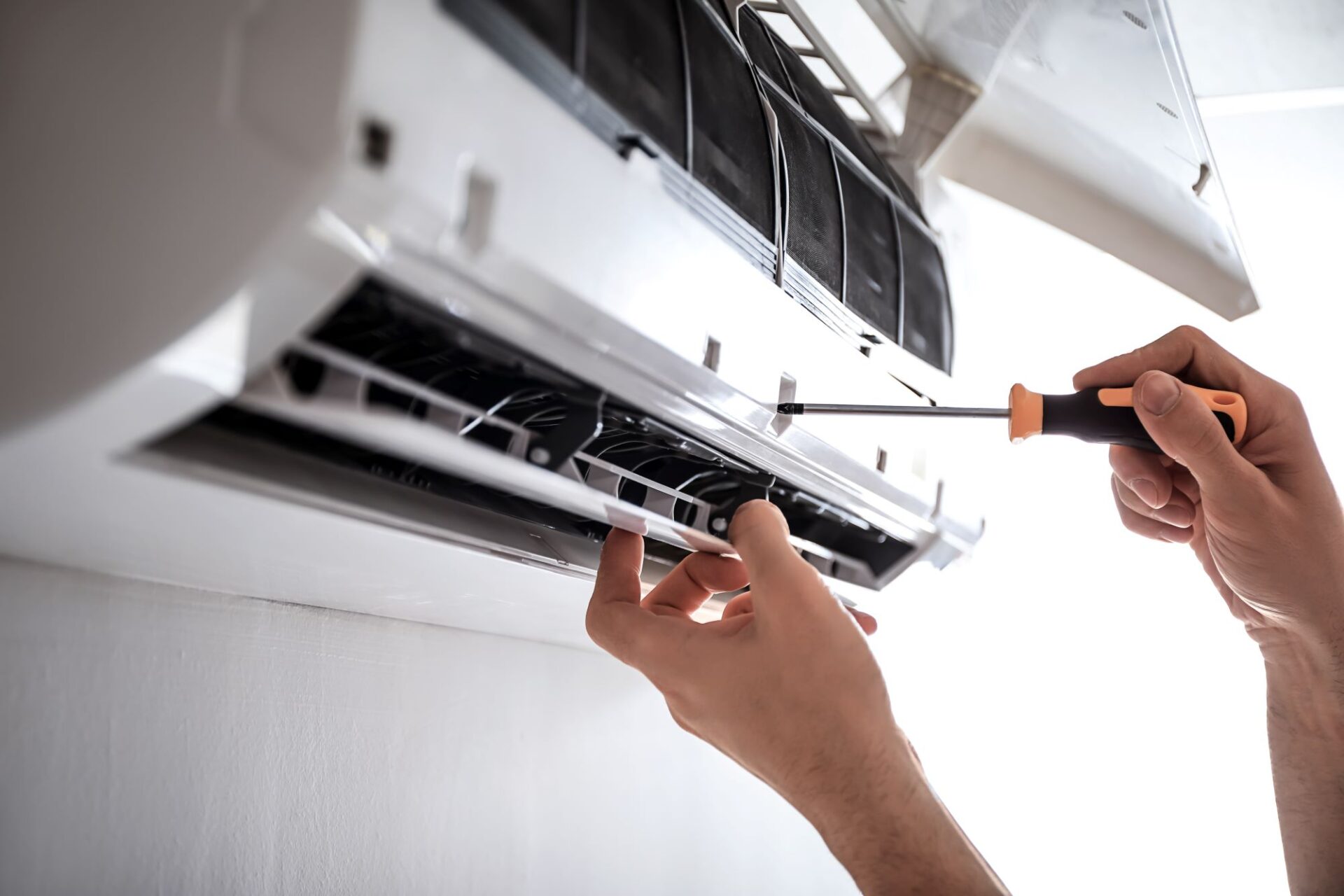Doing yearly checkups, called annual HVAC maintenance, on heating and cooling systems is important so they keep working right. Getting HVAC systems inspected every year prevents big problems down the road. It’s cheaper than calling repair technicians for emergencies during freezing winters or scorching summers.
A yearly HVAC tune-up ensures all parts are clean and working as they should. Experts check for clogs, leaks, wiring issues, or anything else that could lead to breakdowns. They refill fluids, fix minor problems, and make adjustments so the system runs efficiently.
This saves money on energy bills. Like taking care of a car with oil changes, attending to HVAC systems regularly keeps them lasting many years longer. It’s simple, smart maintenance.
Table of Contents
Thorough Cleaning Prevents Big Problems
Well-maintained HVAC systems optimized by professionals run noticeably smoother, transfer heating/cooling capabilities far better, and ultimately last over 15 years longer on average than neglected units.
Careful optimization adjustments following each annual inspection ensure systems heat/cool home environments effectively while using the minimum possible energy.
Closely Monitor Refrigerant Levels and Pressures
In air conditioning systems, low and overcharged refrigerants can seriously hamper performance. Too little refrigerant reduces overall cooling capacity, forcing the overworked AC to run longer while trying to reach the target temperature.
Meanwhile, too much refrigerant raises high internal pressure that can literally cause sealed components to burst and necessitate urgent replacement.
Therefore, technicians very carefully check and tweak refrigerant charge levels based on specifications to optimize cooling power without risking damage.
For furnaces, technicians thoroughly examine heat exchangers for microscopic cracks that could leak toxic carbon monoxide gas into homes. Such proactive refrigerant and combustion safety checks are absolutely vital, even if systems seem to be working fine.
Verify Proper Electrical Safety
Faulty HVAC wiring connections or damage to internal electrical supply lines can cause erratic power fluctuations and voltage delivery issues.
Such chronic electrical defects slowly degrade and corrode the motors, compressors, and sensitive components that run HVAC systems. During each maintenance session, professional technicians meticulously examine all internal electrical lines, terminals, and connections for hotspots or deterioration.
Protect Your Major Investments
Most premium HVAC equipment from reputable brands comes with multi-year factory warranties to cover replacement parts and labor. However, the fine print in such warranties mandates proof of strict yearly maintenance checks for warranty claims to be honored. Lacking documentation of annual upkeep gives manufacturers convenient grounds to deny covering defective parts or labor.
Conclusion
Spending a small amount of time and money regularly for annual HVAC system maintenance provides immense value for homeowners from multiple standpoints. Preventative maintenance helps fully optimize operational efficiency and heating/cooling capabilities.
It spots minor lurking problems early before they can snowball into hugely expensive emergency repair scenarios. Diligent annual HVAC maintenance protects families from freezing winters or sweltering summers if breakdowns strike when heating/cooling is needed most. It even extends the average equipment lifespan by over a decade compared to neglected systems.
Considering the massive costs of last-minute technician fees and replacement parts and repair bills, consistent annual HVAC maintenance easily pays for itself many times over during the operating life of heating and cooling equipment.





